Eligibility & Fee Structure for Diploma in Computer Application (DCA) Course
Diploma in Computer Application (DCA) is a popular program that equips individuals with essential computer skills and knowledge. In today's technology-driven world, computer literacy is not only desirable but often a necessity. This diploma program provides a foundational understanding of computer applications, software, hardware, and programming languages. In this article, we will delve into the eligibility criteria and fee structure for DCA courses.
Eligibility Criteria for DCA
The eligibility criteria for DCA programs can vary slightly from one educational institution to another. However, there are some common prerequisites that most institutions adhere to. Here are the typical Eligibility Criteria for a Diploma in Computer Application:
1. Educational Qualifications: To pursue a DCA, candidates typically need to have completed their high school education. This means that a candidate should have passed the 10th standard or its equivalent from a recognized board or institution. Some institutions may also admit students who have completed their 12th standard or equivalent.
2. Minimum Age: There is usually no strict age limit for DCA courses. However, most candidates who enroll in DCA programs are in their late teens or early twenties. Some institutions may require candidates to be at least 17 or 18 years old.
3. Basic Computer Knowledge: While not always mandatory, having some basic computer knowledge is often an advantage. Candidates with prior exposure to computers and software applications may find it easier to grasp the concepts taught in the DCA program.
4. English Proficiency: Since computer applications and software are often taught in English, a reasonable level of English proficiency is beneficial. Some institutions may have specific language requirements or conduct English proficiency tests.
5. Entrance Exams: Some DCA programs may require candidates to appear for entrance exams. These exams assess the candidate's aptitude and knowledge in areas related to computer applications. The specific requirements and format of these exams can vary among institutions.
6. Interviews: In some cases, institutions may conduct interviews as part of the admission process. This is an opportunity for the institution to assess the candidate's motivation and suitability for the program.
7. Reservation Quotas: In some countries, educational institutions may have reservation quotas for certain categories of candidates, such as scheduled castes (SC), scheduled tribes (ST), and other backward classes (OBC). Candidates belonging to these categories may have relaxed eligibility criteria in some cases.
It's important to note that eligibility criteria can change over time and may differ from one institution to another. Therefore, prospective students are advised to check with the specific institution they are interested in for the most up-to-date information regarding eligibility.
Fee Structure for DCA Programs
The Fee Structure for a Diploma in Computer Application program can vary significantly depending on various factors, including the institution, location, duration of the program, and the facilities provided. Below, we'll discuss the various components that contribute to the fee structure of a DCA program:
1. Tuition Fees: Tuition fees are the core component of any educational program's fee structure. These fees cover the cost of instruction, course materials, and access to educational resources. Tuition fees for DCA programs can range from a few thousand to several tens of thousands of currency units, depending on the institution's reputation and location.
2. Admission Fees: Some institutions charge a one-time admission fee when students enroll in the DCA program. This fee covers administrative expenses related to processing the student's application and providing admission-related services.
3. Registration Fees: Registration fees are typically charged at the beginning of each academic year or semester. They cover administrative costs associated with student registration, including the issuance of identity cards and enrollment in courses.
4. Examination Fees: Institutions may charge examination fees for each semester or year. These fees cover the cost of conducting exams, evaluating answer sheets, and issuing grade reports and certificates.
5. Library and Laboratory Fees: DCA programs often require access to computer labs and libraries. Institutions may charge separate fees for the use of these facilities to cover maintenance, equipment, and resources.
6. Study Material Fees: Some institutions provide study materials, textbooks, or software licenses as part of the course. In such cases, study material fees may be included in the overall fee structure.
7. Extracurricular Activity Fees: If the institution offers extracurricular activities or special workshops related to computer applications, there may be additional fees associated with these optional activities.
8. Hostel and Accommodation Fees: For students who opt to stay in hostels or college accommodation, there will be separate fees for lodging and meals. These fees can vary depending on the type of accommodation and the location of the institution.
9. Transportation Fees: If the institution provides transportation services, such as buses for commuting students, transportation fees may be applicable.
10. Miscellaneous Fees: This category includes fees for various services, such as identity card replacement, late registration, and reevaluation of exam papers.
It's important to note that fee structures can change from year to year, and institutions may offer scholarships, financial aid, or discounts to eligible students. Additionally, government-funded or subsidized institutions may have lower overall fees compared to private institutions.
Financial Assistance and Scholarships
Many institutions offering DCA programs provide financial assistance options and scholarships to deserving students. These financial aid opportunities can help reduce the financial burden of pursuing a diploma in computer application. Here are some common forms of financial assistance available to DCA students:
1. Merit-Based Scholarships: These scholarships are awarded to students based on their academic performance. Students with outstanding grades may qualify for full or partial tuition fee waivers.
2. Need-Based Scholarships: Need-based scholarships are awarded to students who demonstrate financial need. These scholarships aim to make education more accessible to economically disadvantaged students.
3. Institutional Scholarships: Some colleges and universities have their own scholarship programs specific to DCA students. These scholarships may be based on various criteria, including academic excellence, leadership qualities, or community involvement.
4. Government Scholarships: In many countries, the government offers scholarships and financial aid programs for students pursuing higher education. These programs may be available to DCA students, and eligibility criteria vary by region and government policies.
5. Corporate Sponsorships: Some companies and organizations offer scholarships or sponsorships to students pursuing DCA programs, especially if the program aligns with the company's needs or industry.
6. Work-Study Programs: Some institutions offer work-study programs that allow students to work part-time on campus while pursuing their DCA studies. The income earned through work-study can help cover educational expenses.
7. Loans: Educational loans from banks or financial institutions are another option for financing DCA studies. Students can repay these loans after completing their program and securing employment.
To avail of these financial assistance opportunities, students must typically meet specific eligibility criteria and submit the required documentation, such as income certificates or academic transcripts. It's advisable for prospective DCA students to research and inquire about available scholarships and financial aid options at their chosen institutions.
 1 Years
1 Years
 Diploma
Diploma
 Computer Science and IT
Computer Science and IT

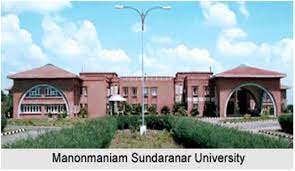
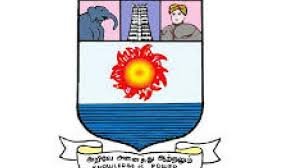

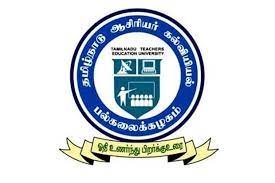
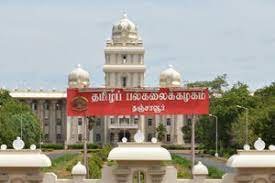
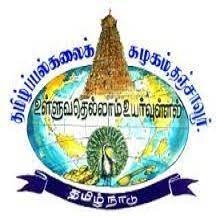

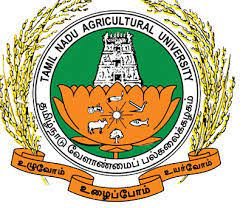
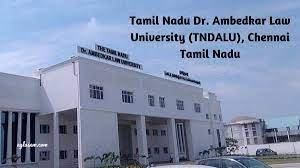
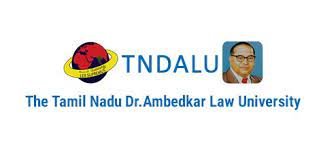
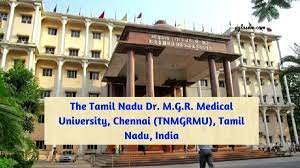
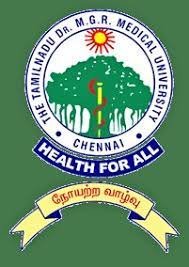

 back
back

